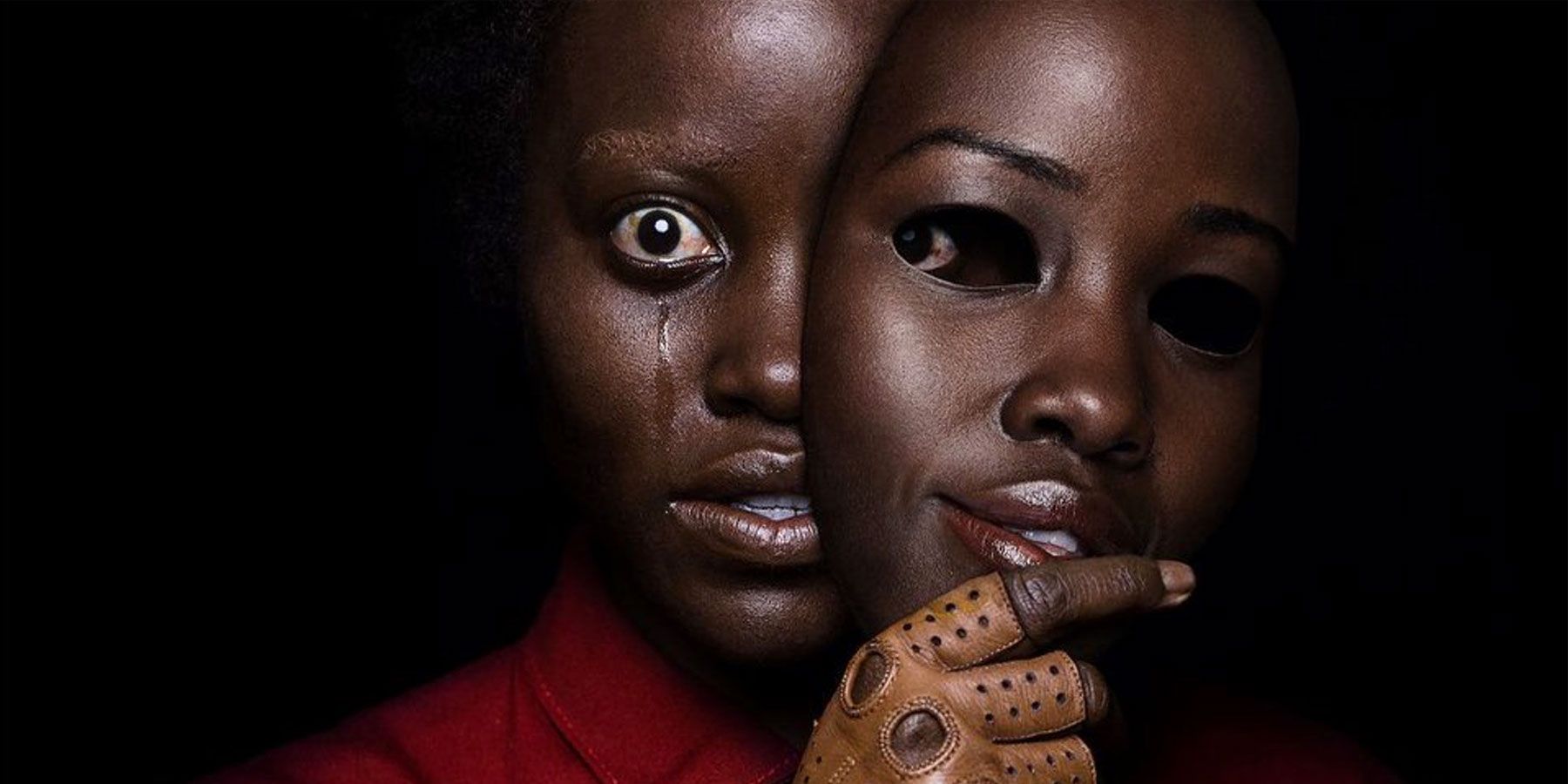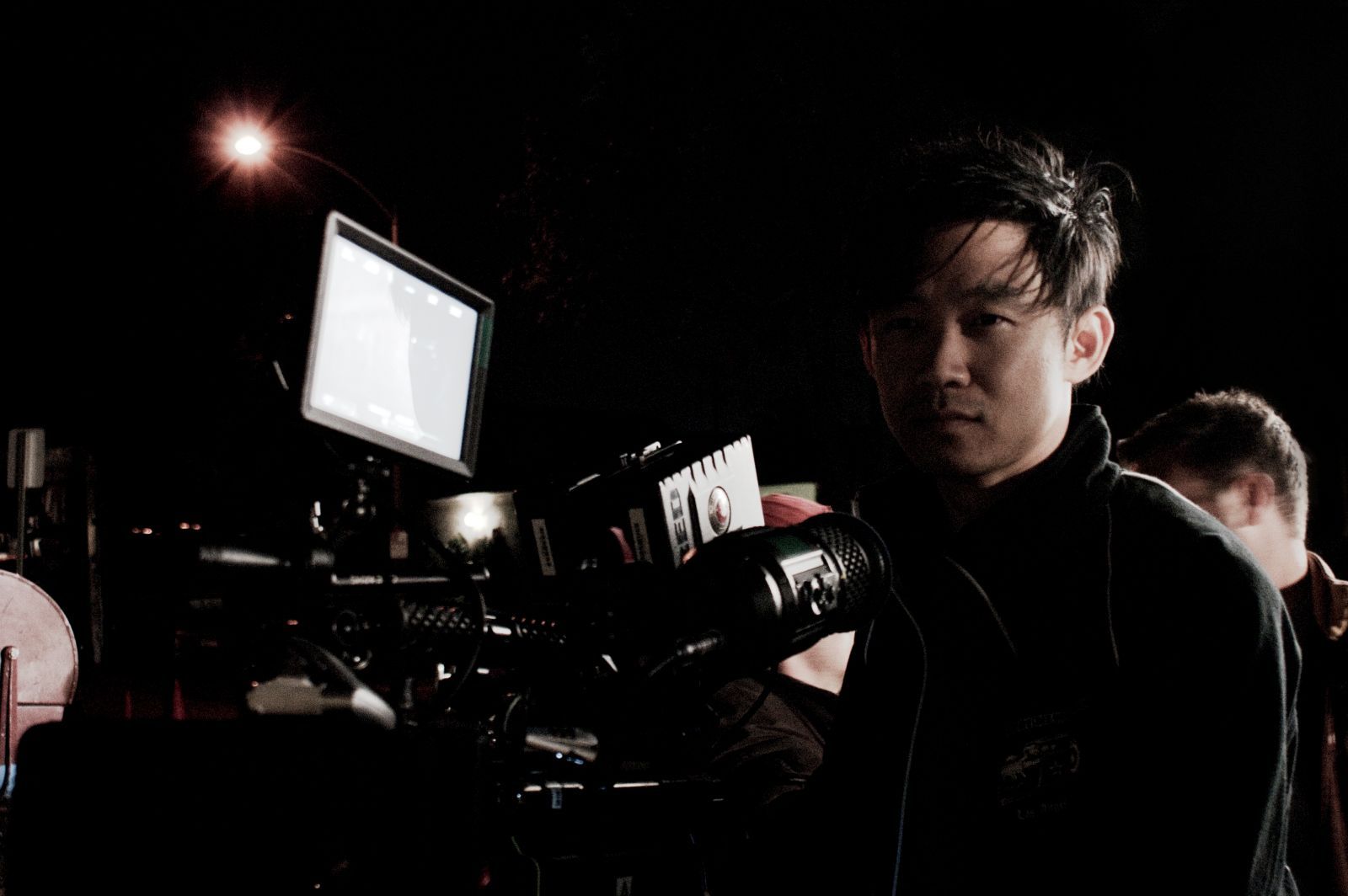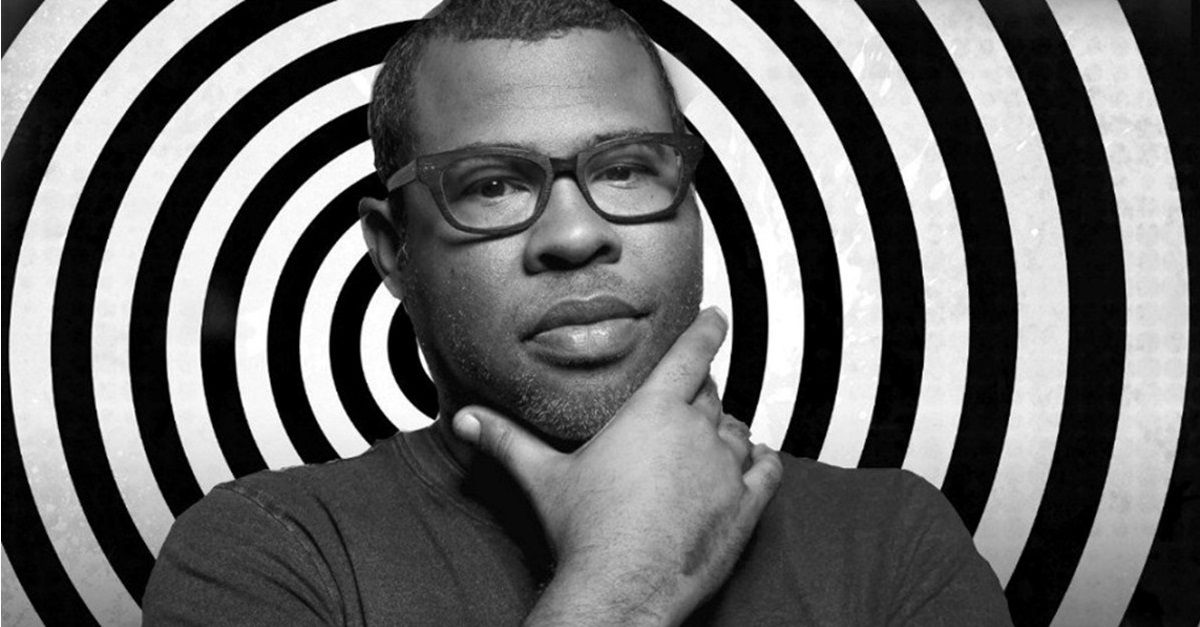With Jordan Peele's latest film, Us, smashing box office records and The Conjuring franchise about to release not one, but two spinoff films in the next three months in The Curse of La Llorona and Annabelle Comes Home, it's a great time to be a fan of horror movies.
The genre thrived under the radar of the Hollywood mainstream for years, produced largely by independent and foreign studios to critical acclaim, though eluding the masses. But, with movies like Get Out being nominated by the Academy Awards for Best Picture and other films, including A Quiet Place and Hereditary, getting award season buzz this past year, horror movies are finally getting their overdue time in the sun. A lot of this is thanks to filmmakers James Wan and Jordan Peele.
Upon completion of film school in Australia, director James Wan and writer Leigh Whannell traveled to Hollywood to pitch their original horror movie, Saw. Optioned by Evolution Entertainment and Twisted Pictures after the studios saw a short proof of concept film by the duo, Wan and Whannell received a budget of $1.2 million to expand their concept into a full feature film, shooting the entire movie over the course of 18 days.
Lionsgate picked up distribution rights based on advance buzz before the film's premiere at Sundance Film Festival in 2004, and the indie horror movie went on to earn over $103 million at the global box office, effectively launching Wan's career.
While Lionsgate continued to milk the resulting Saw franchise with diminishing returns over the next decade, Wan struggled to find his creative place beyond the series he helped create. In the meantime, quality horror films from overseas made their way to North America.
These films included 2005's The Descent (by Hellboy reboot director Neil Marshall), hailing from England, and 2008's Let the Right One In, from Sweden, thought they never quite made the waves they deserved in the cinematic mainstream. Finally, in 2010, Wan and Whannell reteamed for the horror movie Insidious with up-and-coming independent studio Blumhouse Productions.
With a budget of $1.5 million, Wan was determined to make a horror movie without the torturous gore that had defined the Saw franchise. Marking his first collaboration with both producer Jason Blum and actor Patrick Wilson, Insidious earned over $97 million worldwide and received much more critical praise than Wan's previous directorial work.
Wan followed up the film with its 2013 sequel, when he was approached by Warner Bros. and producer Peter Safran to helm a different kind of horror film inspired by the real-life paranormal investigations of Ed and Lorraine Warren. Also released in 2013, the film would be titled The Conjuring.
That film earned Wan some of the most rave reviews of his career, as well as $319 million at the box office, becoming a bona fide global phenomenon. With its runaway success, Wan became one of the hottest filmmakers in Hollywood, and other major studios began to revisit the horror genre after years of leaving it to independent and foreign studios.
Wan and Safran began expanding The Conjuring into its own shared cinematic universe while Blumhouse was still steadily experiencing its own success, largely fueled by the Insidious and Purge franchises. As Key & Peele ended its award-winning run on Comedy Central in 2015, Blumhouse would find its next great collaborator in the show's co-creator, Jordan Peele.
A lifelong horror fan, Peele was looking to helm his first directorial feature film while diversifying his creative output from the comedy fare he was known for. Taking inspiration from the satirically dystopian The Stepford Wives, Peele wrote the screenplay for Get Out, touching on his own observations about American culture and the racial divide.
Serving as director and co-producer along with Jason Blum, the film was produced on a budget of $4.5 million and went on to earn over $255 million worldwide, becoming one of the most profitable films of 2017. The film would be nominated for Best Picture, Best Director and Best Actor, with Peele winning the Academy Award for Best Original Screenplay.
Following Wan and Peele's success, major studios began to include more and more horror films on their production slates while increasing their distribution of horror movies made by independent studios, including Blumhouse. Independent and foreign studios continued to handle much of their own distribution, including the films It Follows and Hereditary, but major studios also acquired distribution rights for horror movies like Paramount's A Quiet Place and Universal's revival of Halloween, co-produced by Blumhouse.
Meanwhile, Wan diversified his directorial work into the action and superhero genres with Furious 7 and Aquaman, but he still maintains connections with the horror genre, producing and co-writing The Conjuring's many spinoffs. With his enormously successful Us, and executive producing CBS All Access' The Twilight Zone revival, Peele may be better known for his work in horror than comedy before too long.
Horror movies never really needed help from major Hollywood studios to ensure quality, but, with their boost in distribution and marketing, the entire genre has benefited from the increased visibility both commercially and critically.
There is a new wave of Hollywood-produced prestige horror movies terrifying North American audiences, and the trend doesn't appear to be losing momentum anytime soon. Us' record-breaking box office, coupled with more major and independent studio horror movies incoming by the year's end, horror fans have been able to share their love of the genre with the masses in ways they haven't been able to in years.
In theaters now, Us is written, directed and produced by Jordan Peele. The film stars Lupita Nyong'o, Winston Duke, Elisabeth Moss, Anna Diop, Yahya Abdul-Mateen II, Kara Hayward, Tim Heidecker and Shahadi Wright Joseph.




